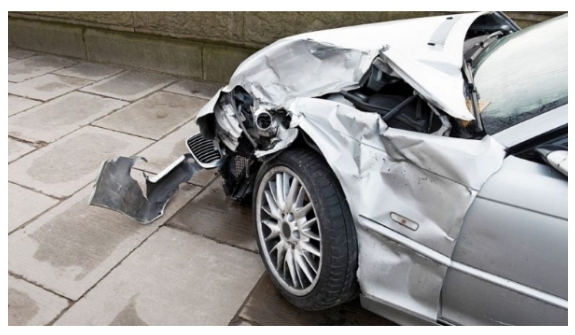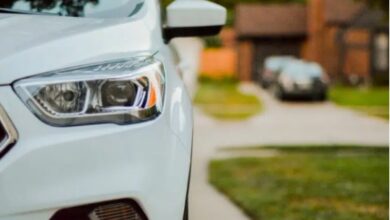What is comprehensive insurance

Comprehensive Insurance– A type of insurance known as comprehensive insurance pays for damage to your car that arises from causes other than collisions.
Below are some topics that you might have missed;
- What is Renters Insurance
- Differences between Assurance Vs Insurance
- Reviews on American income life insurance
It is intended to pay for auto damage that is not covered by collision insurance. Here is some more information on comprehensive insurance.
What is comprehensive insurance
A sort of auto insurance known as comprehensive insurance covers damage to your car brought on by events other than collisions. This insurance will protect your car in the event that a tornado damages it, a deer dents it, it is vandalized, etc.
The three parts of an auto insurance policy are comprehensive insurance, collision insurance, and liability insurance. Liability insurance is a legal requirement in the majority of states, however collision and comprehensive coverage are not required if a person owns a car entirely. A person may need comprehensive insurance if they have financed their car, according to the auto loan provider.
What comprehensive insurance covers
An overview of what comprehensive insurance covers is provided below:
- Animal encounters, such as running over a deer
- Natural calamities, such as storms, floods, and earthquakes
- Rioting over fires and vandalism
- Theft of a vehicle or specific components of a vehicle
- shattered windshields
- Items that have fallen, such as branches, rocks, or hail
What comprehensive insurance does not cover
- Any medical costs, the cost of items taken from your automobile, or damage to another person’s property are not covered by comprehensive plans.
- Comprehensive insurance does not cover damage that is covered by collision insurance. This comprises: Having a collision with another car collision with a tree, a barrier, or a road hazard
- damage brought on by your car flipping over.
Advantages and Disadvantages of Comprehensive Insurance
Financial protection from theft, natural disasters, and weather-related damage is provided by comprehensive auto insurance. With this insurance, you can avoid having to pay out of pocket if a tree falls on your car or if a thief steals it at night.
There are disadvantages. Comprehensive insurance won’t cover the damage in an accident. Additionally, if you buy comprehensive insurance along with collision insurance, the cost may be high. You may be able to save money by choosing not to purchase comprehensive coverage if your car is older and paid off, especially if theft and weather-related catastrophes are not a worry where you reside.
Advantages
- Your protection against theft, weather-related events, and other significant things beyond your control is provided by comprehensive coverage.
- In many cases, “unforeseen incidents” like break-ins or damaged windshield wipers from hail are covered by comprehensive coverage.
- If you have a brand-new car and reside in a high-crime neighborhood, comprehensive insurance will pay for any losses brought on by thefts or break-ins.
Disadvantages
- Damage brought on an a collision is not covered by comprehensive insurance.
- An older vehicle with a high mileage may not require it.
- Anything taken from your car that is personal is not covered by comprehensive insurance.
- Damage resulting from potholes is not covered.
Conclusion
If your automobile is damaged, not having comprehensive coverage could result in a costly repair bill. Therefore, consider the expense of any potential repairs in comparison to the possible rates you would have to pay to maintain comprehensive coverage.
For more information about insurances and finance always visit dailygam.com






